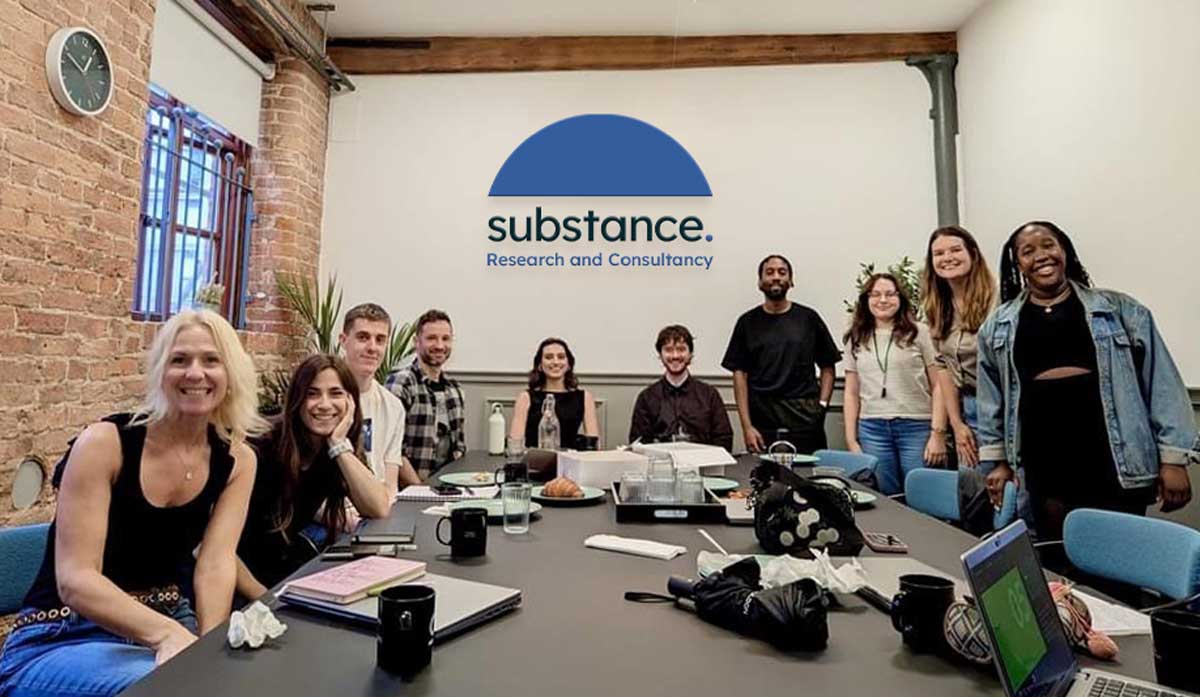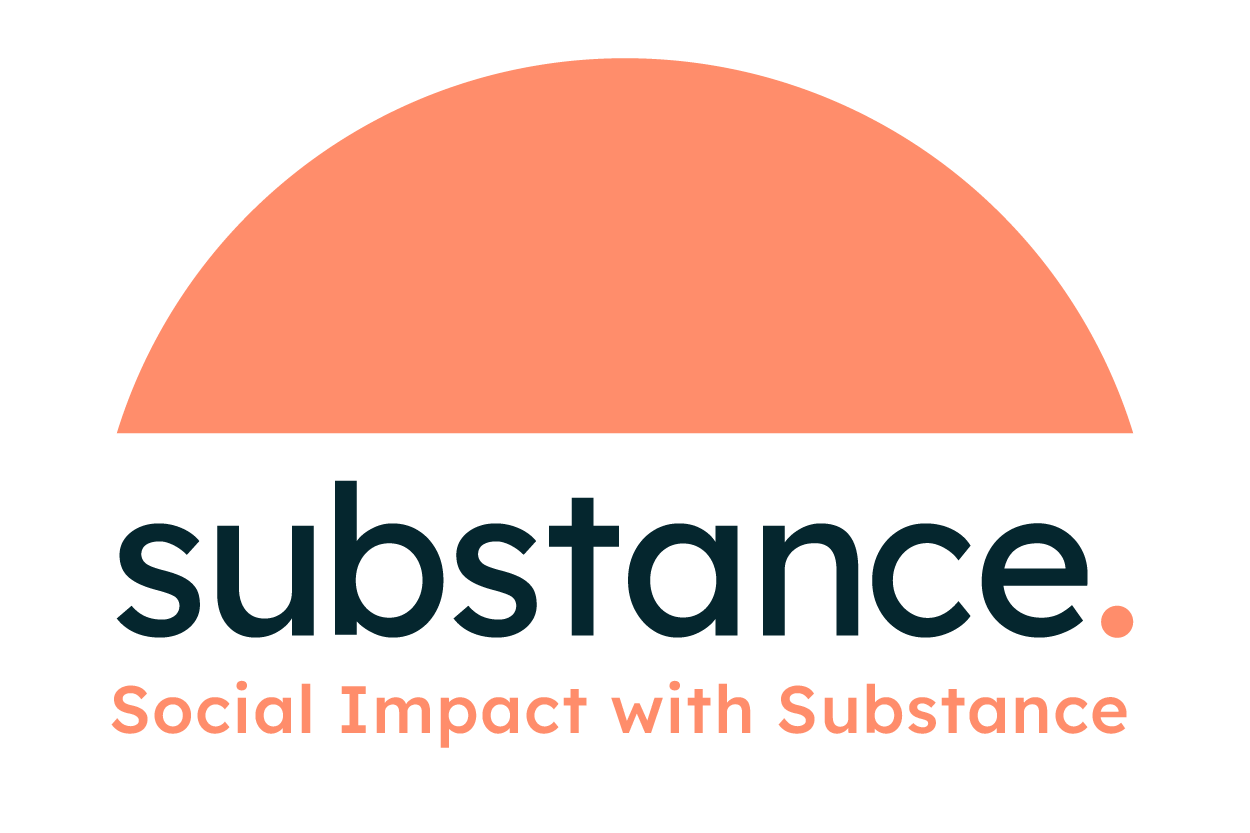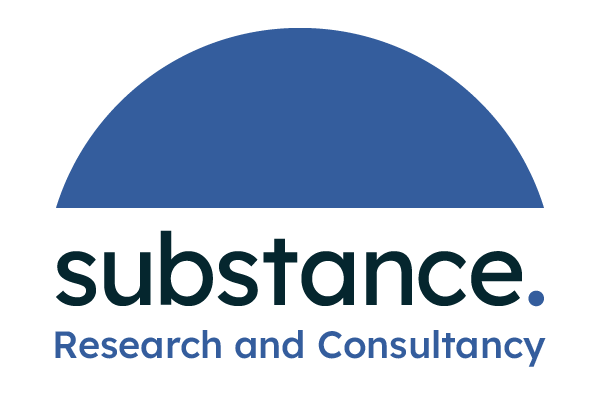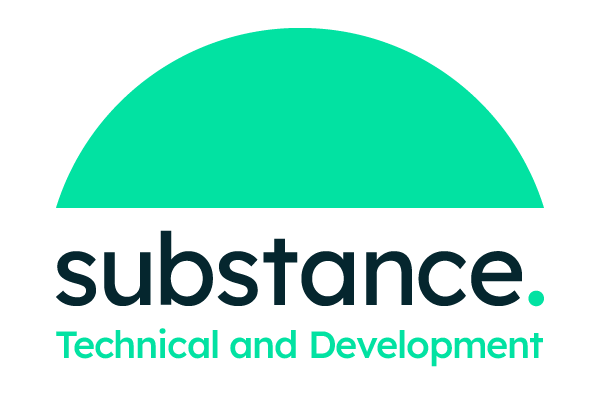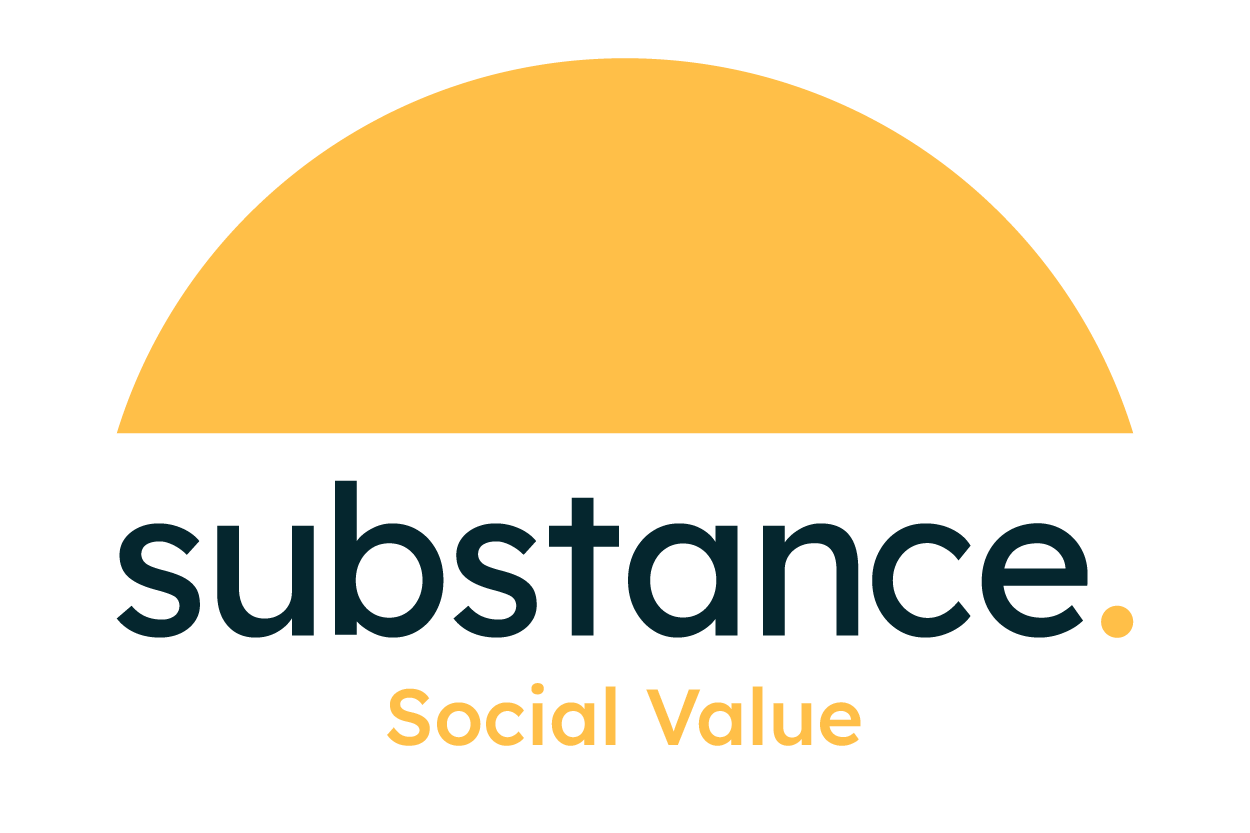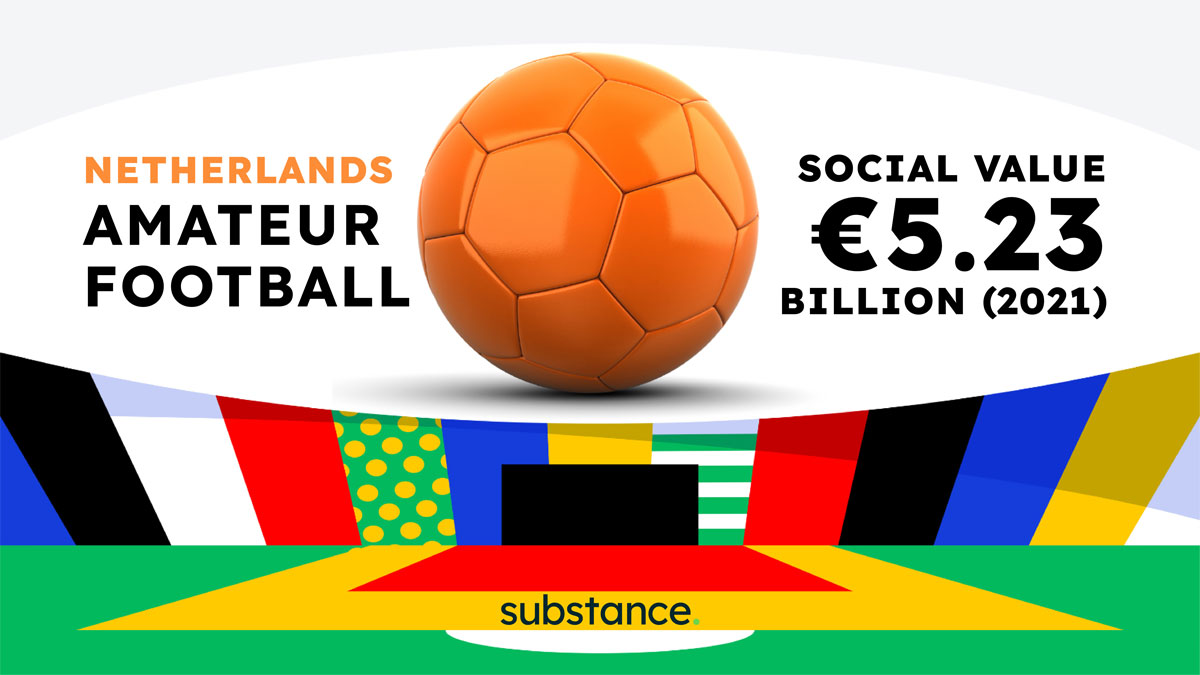
New Model Shows Football’s Massive Social Impact in the Netherlands
A new cost-benefit analysis model, known as the SROI (social return on investment), is helping governments and sports associations evaluate the social benefits of football. Developed by Substance with support from nine European universities, this model uses football participation data from 25 European countries and draws on over 100 peer-reviewed research articles spanning health, education, employment, sociology, and sport.
In the Netherlands, the proximity to football clubs is particularly notable—on average, every person lives just 1.6 kilometres from a club. This accessibility has fostered a vibrant amateur football scene, engaging 1.2 million players and 400,000 volunteers. The resulting social benefits, including improvements in national health and the cohesion and development of Dutch society, are substantial.
Recent calculations based on UEFA’s SROI model estimate the social value of amateur football in the Netherlands to be a staggering €5.23 billion. This highlights not only the sport’s popularity but also its significant contribution to societal well-being.


